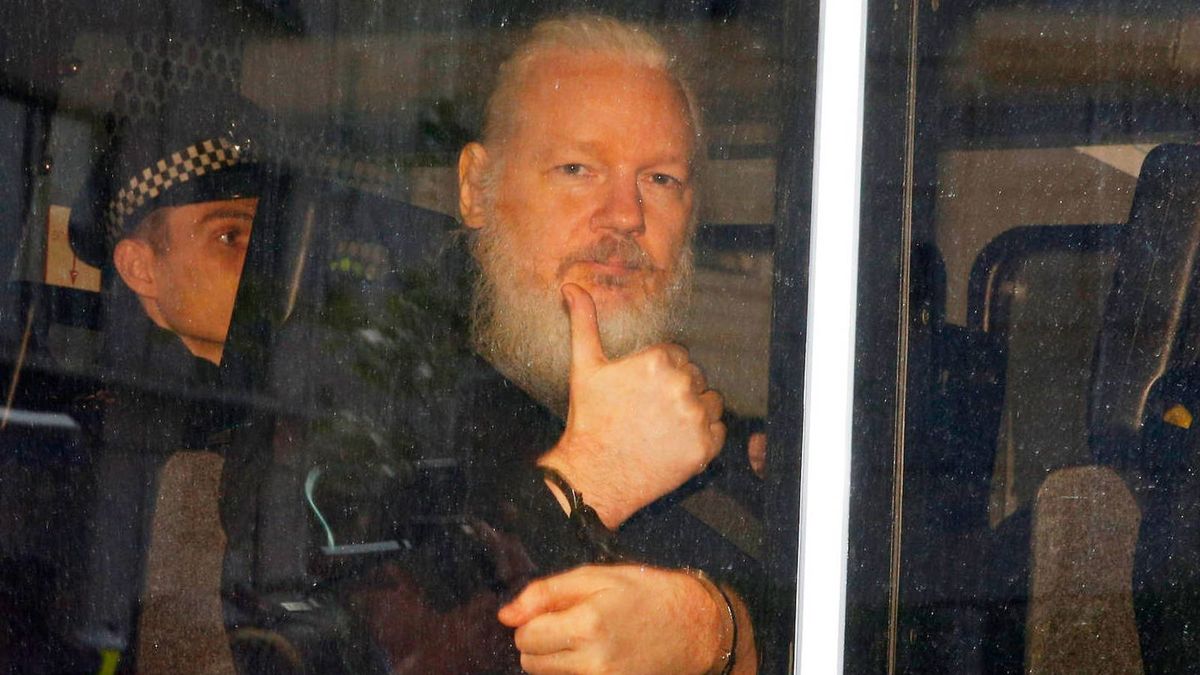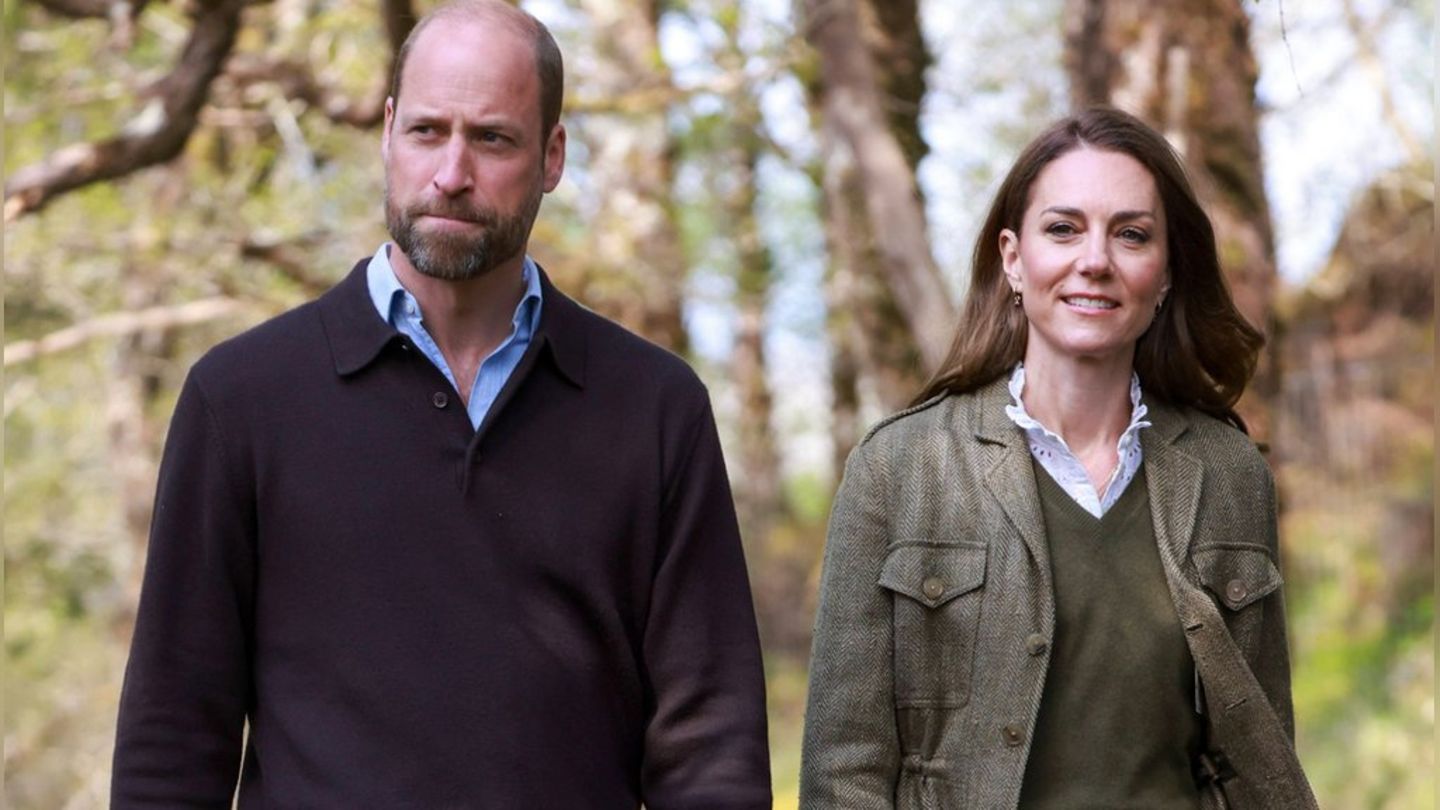They say the CIA worked with a security company hired by the Ecuadorian embassy in London, where Assange was living at the time, to spy on the Wikileaks founder, his lawyers, journalists and others he met.
Assange was arrested by British police in 2019 after taking refuge for seven years in the Ecuadorian embassy in London. He since then he is imprisoned in Belmarsh, near the British capital.
On June 17, the British government announced that it had signed the decree for his extradition to the United States, a decision that was appealed by Assange.
The United States accuses him of publishing US military and diplomatic documents in 2010 related to the wars in Afghanistan and Iraq, charges for which he could be sentenced to up to 175 years in prison.
Robert Boyle, the lawyer representing the plaintiffs, assures that the alleged espionage of Assange’s lawyers implies that The right of the founder of Wikileaks to a fair trial has been vitiated, if not destroyed.
“The recording of meetings with friends, with lawyers and the digital copying of their lawyers’ and friends’ information vitiates criminal prosecution because now the government knows the content of those communications,” Boyle told reporters.
“There must be sanctions, up to and including dismissal of those charges, or withdrawal of an extradition request in response to these blatantly unconstitutional activities,” he added.
The lawsuit was filed by attorneys Margaret Ratner Kunstler and Deborah Hrbek, and journalists Charles Glass and John Goetz. They all visited Assange when she lived in the Ecuadorian embassy in London, which granted her political asylum before withdrawing it years later.
The lawsuit cites the CIA, the agency’s former director and former US Secretary of State Pompeo, and the security company Undercover Global and its executive director, David Morales Guillén.
He contends that Undercover Global, which had a security contract with the embassy, appropriated the information from his electronic devices and provided it to the CIA.
He also placed microphones around the embassy and sent recordings, as well as images from security cameras, to the CIA. This, the plaintiffs say, violates the privacy protections of US citizens.
Source: Ambito
David William is a talented author who has made a name for himself in the world of writing. He is a professional author who writes on a wide range of topics, from general interest to opinion news. David is currently working as a writer at 24 hours worlds where he brings his unique perspective and in-depth research to his articles, making them both informative and engaging.




